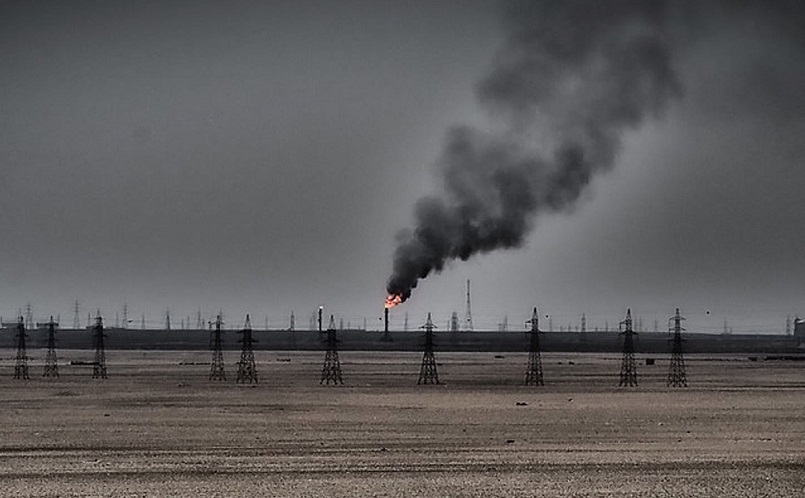At least 238,000 people in the European Union died prematurely in 2020 due to exposure to airborne pollutants despite an improvement in air quality, according to new data released by the European Environment Agency (EEA) on Thursday.
Analysis by the agency showed that air pollution is “the largest environmental health risk in Europe and significantly impacts the health of the European population, particularly in urban areas,” despite declining emissions of all key air pollutants in the EU.
According to the EEA’s latest estimates, at least 238,000 people died prematurely in the bloc in 2020 due to exposure to fine particulate matter (PM2.5), with about 96% of the urban population exposed to levels above World Health Organization guidelines.
Nitrogen dioxide pollution meanwhile led to 49,000 early deaths and exposure to ozone to 24,000, the agency added.
The number of premature deaths from exposure to PM2.5, however, dropped by 45% from 2005 to 2020.
“If this trend continues, the EU is expected to deliver on the zero pollution action plan target of a 55% reduction in premature deaths by 2030,” the EEA said in the report.
“Nevertheless, further efforts will be needed to meet the zero pollution vision for 2050 of reducing air pollution to levels no longer considered harmful to health.”
Source: dpa/MIA





Comments are closed for this post.